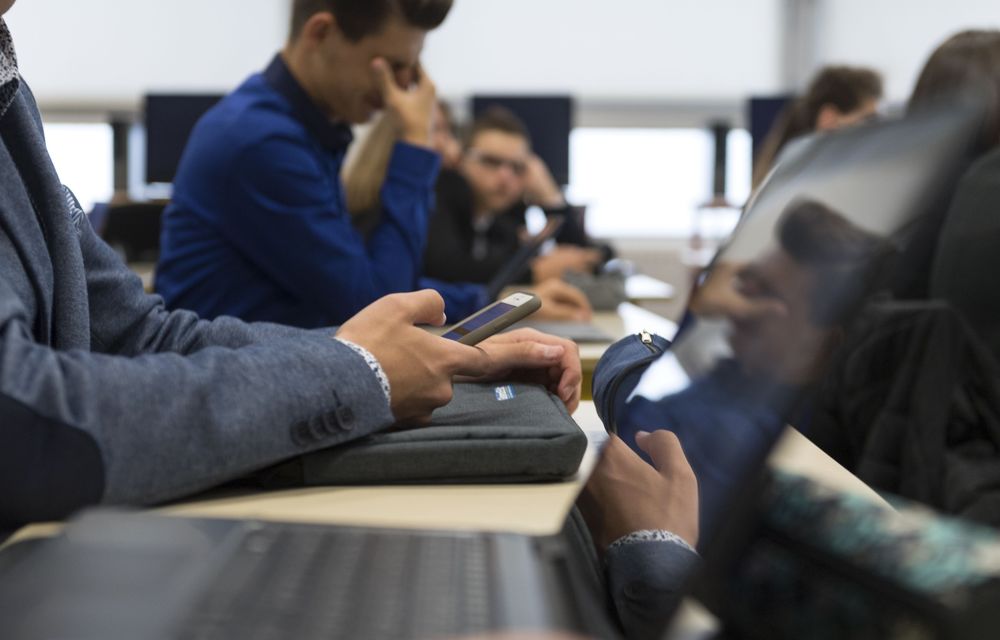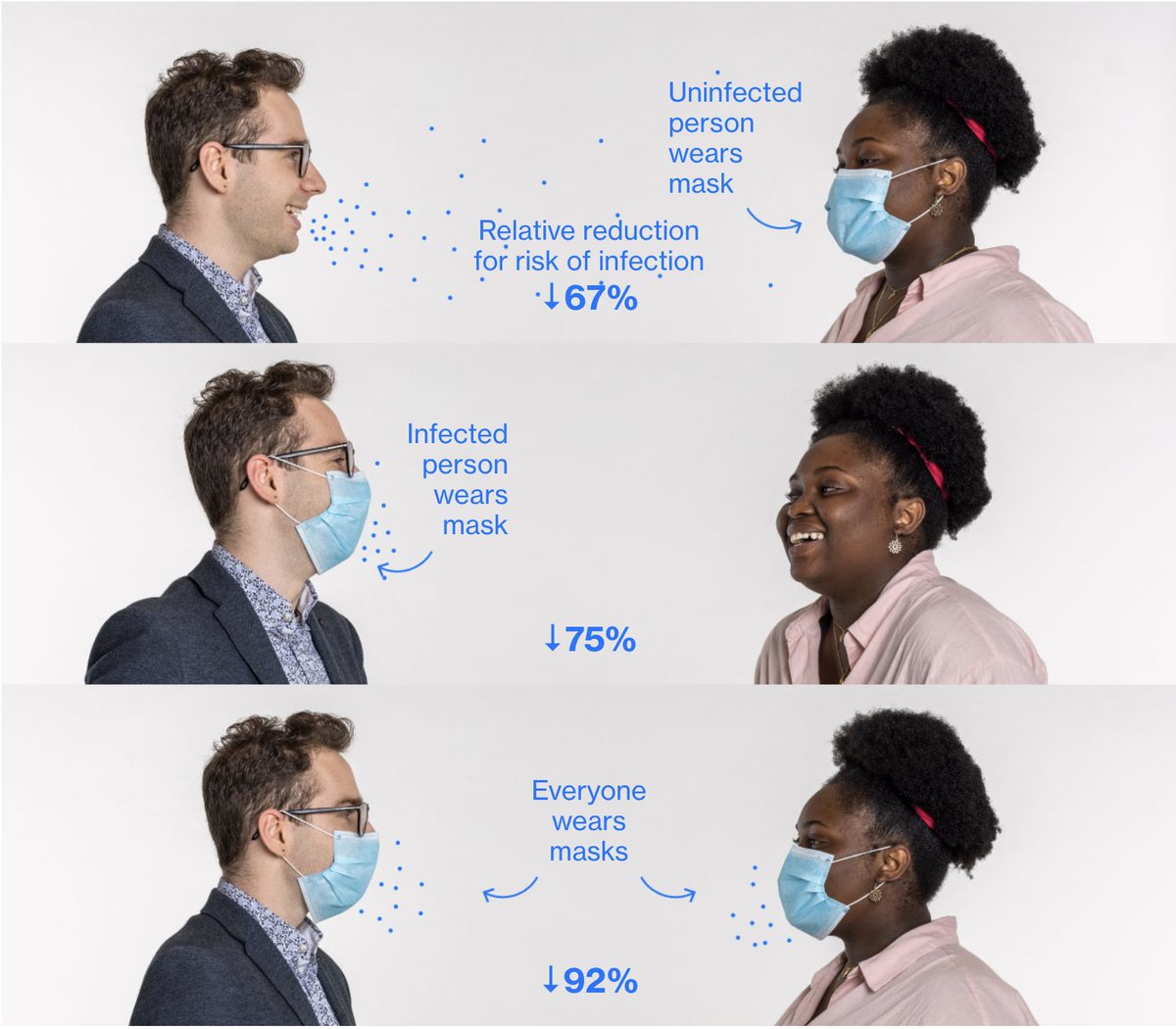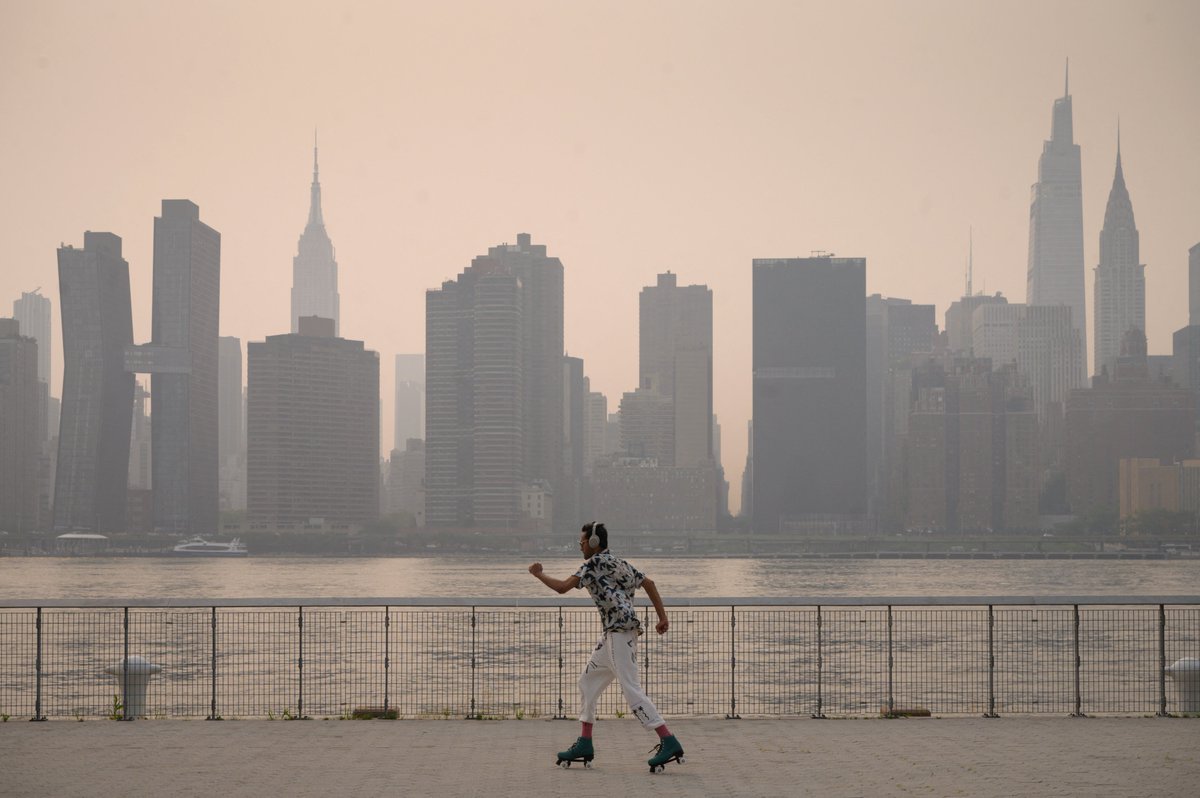
With millions of kids going back to school in September, their movements are frequently tracked by parents.
The idea of digitally surveilling kids is a tricky one. Keen parents seem largely oblivious to the institutional concerns about the practice trib.al/h0I0qfW
The idea of digitally surveilling kids is a tricky one. Keen parents seem largely oblivious to the institutional concerns about the practice trib.al/h0I0qfW
.@parmy talked with about a dozen British parents sending their 11-year-olds to secondary school with phones.
About three-quarters said they would monitor their child’s movements through an app of some sort, largely for safety reasons trib.al/SOm7D7w
About three-quarters said they would monitor their child’s movements through an app of some sort, largely for safety reasons trib.al/SOm7D7w

Various institutions aren’t fans of parents tracking their kids' phones.
Ireland’s data protection regulator says in its draft guidance that geolocation tracking should be turned off “by default for child users” trib.al/SOm7D7w
Ireland’s data protection regulator says in its draft guidance that geolocation tracking should be turned off “by default for child users” trib.al/SOm7D7w

If a parent and child each have an iPhone and set them to share locations, either one can tap on the recipient’s name in a text message and see where they are on a map at any time.
There are also separate apps for tracking a family member’s location trib.al/SOm7D7w
There are also separate apps for tracking a family member’s location trib.al/SOm7D7w
Two academics in the field of digital privacy and children said they weren’t aware of studies that looked into how GPS monitoring might impact the relationship between a parent and child trib.al/SOm7D7w 

It’s unclear what monitoring a child's phone might do to their:
➡️ Sense of identity
➡️ Development
➡️ Capacity to make independent choices trib.al/SOm7D7w
➡️ Sense of identity
➡️ Development
➡️ Capacity to make independent choices trib.al/SOm7D7w

There’s a risk a child's location data could fall into the hands of companies or governments down the line, says @ingridamilkaite, a data protection researcher at Belgium’s @ugent trib.al/SOm7D7w
.@lorrietweet, a @CarnegieMellon public policy professor, recommends parents talk to their kids about GPS tracking, and make sure to get their consent to do it at all.
“Secret tracking is usually not a good idea” trib.al/SOm7D7w
“Secret tracking is usually not a good idea” trib.al/SOm7D7w

📱 If turning tracking off completely feels too much like unbuckling a child’s seat belt, @lorrietweet says one way forward is to use apps that only do so in limited circumstances trib.al/SOm7D7w 

As for when to stop tracking your kids, Google has a suggestion: age 13. At that point, a child who uses an Android phone synced to Google’s Family Link can turn off location monitoring by their parents trib.al/SOm7D7w
• • •
Missing some Tweet in this thread? You can try to
force a refresh















